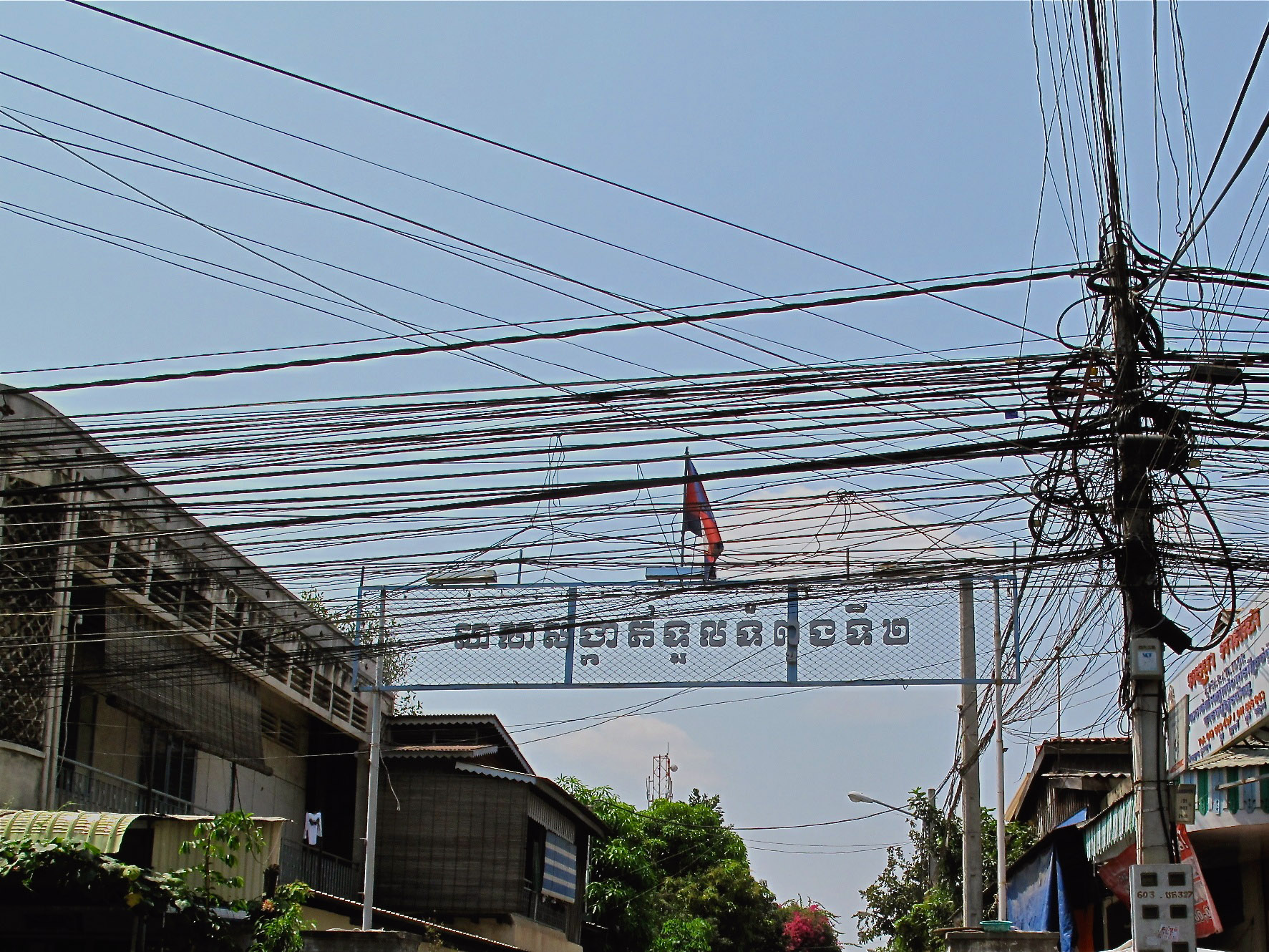Core area “Climate and energy, just transition” Improving power supply and protecting the climate
Electricity lines in Phnom Penh, Cambodia
KfW is investing in the expansion of the power grid, particularly in rural areas. This is helping to reduce power transmission losses and enabling more household connections. Improvements to the electricity grid are also reducing greenhouse gas emissions, thus playing an important role in climate protection.
Germany supports the Cambodian government's goal of achieving climate neutrality by 2050. Thus far, Cambodia has relied mainly on large-scale hydropower plants and coal-fired power stations for its electricity generation. In the future, better use can be made of the potential for solar and wind power.
Climate-resilient agriculture
Climate change is affecting the quality of life of Cambodia’s rural population. Extreme weather events are negatively impacting people’s income, health and opportunities for development.
Various public and private stakeholders are faced with the task of mitigating the negative impacts of climate change while also boosting local value creation in a way that conserves resources. The lack of effective networks, division of labour, capacities and resources at all levels is a barrier to effecting a comprehensive transformation of agriculture and the processing sector, and securing this in the long term. When it comes to entering new markets, innovative private sector stakeholders play a key role.
GIZ is implementing a regional project to help smallholders in Cambodia and Viet Nam adapt to the effects of climate change and to test and implement climate-resilient production methods. Development partnerships with the private sector are enabling better integration of farmers into supply chains and expanding the use of climate-resilient and climate-neutral farming methods. Regional exchange platforms and ASEAN working groups are used as a channel for sharing proven concepts for climate-resilient farming and recommendations for action in specific value chains.
As at: 18/01/2024
